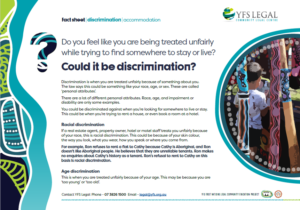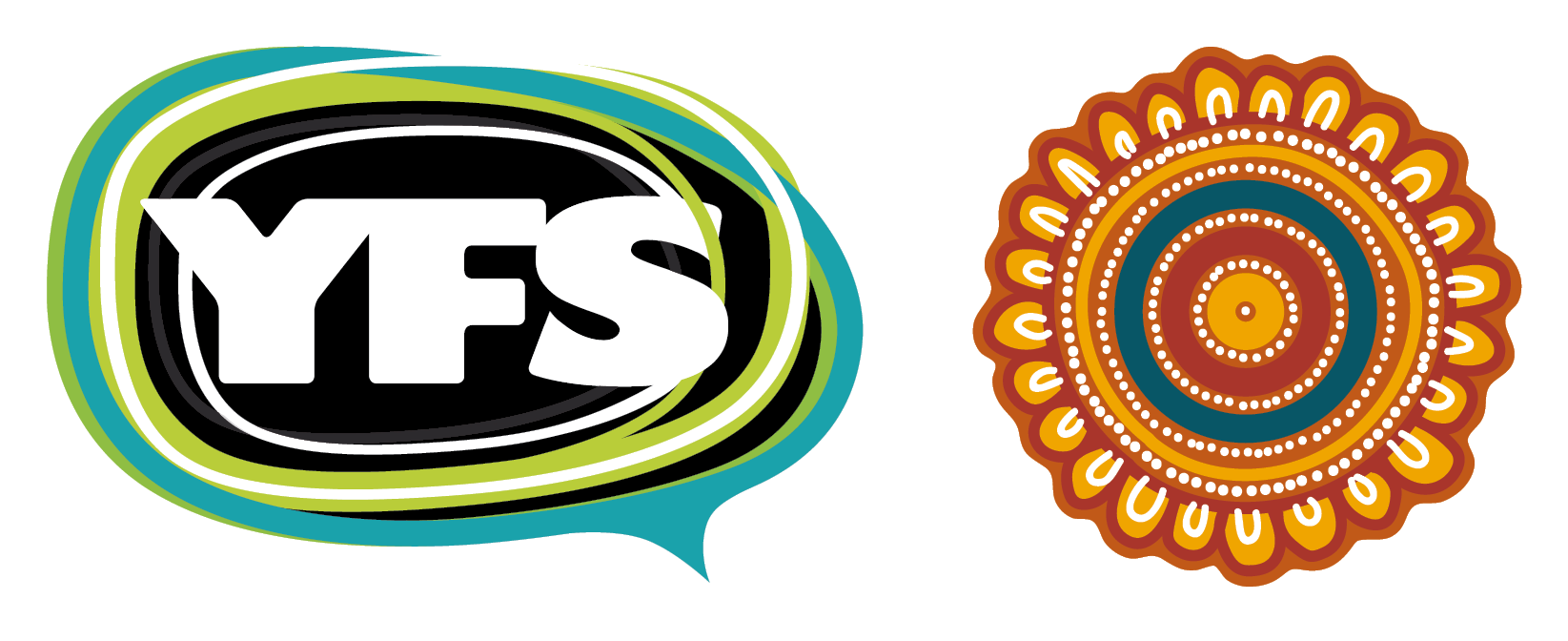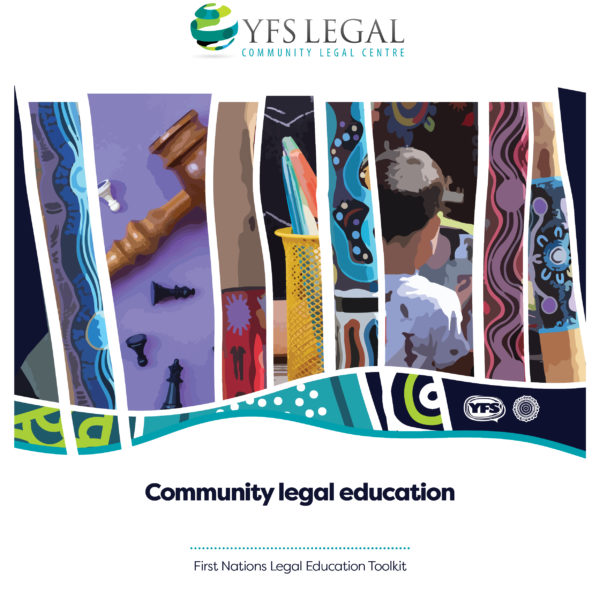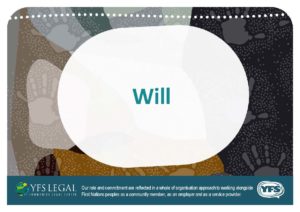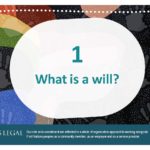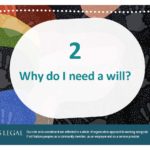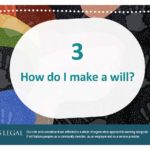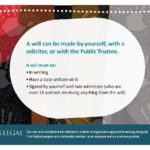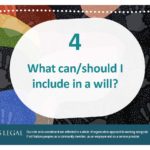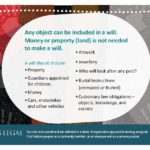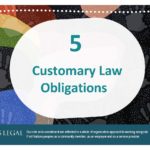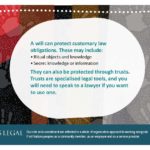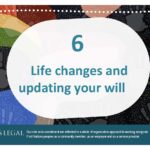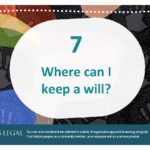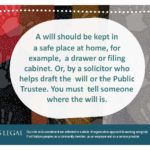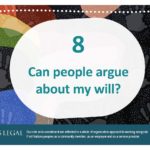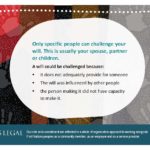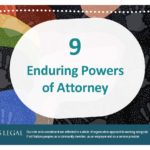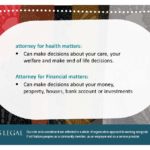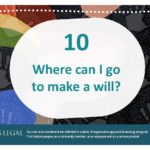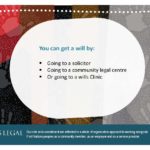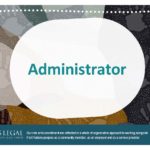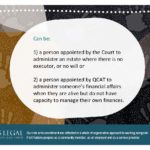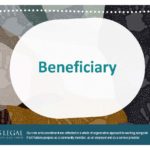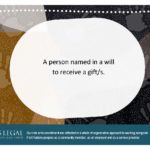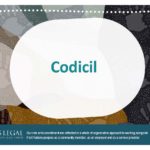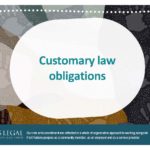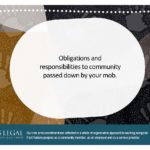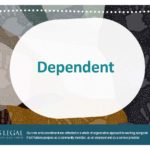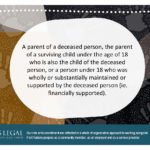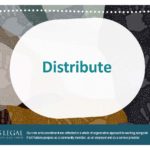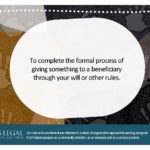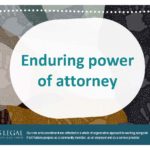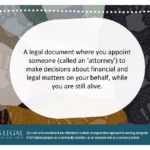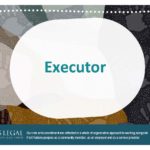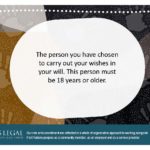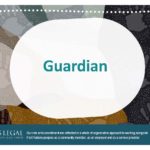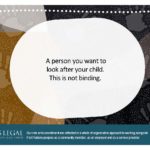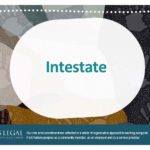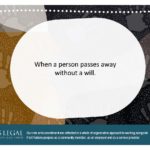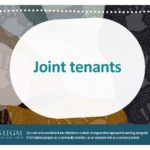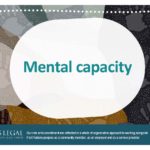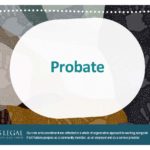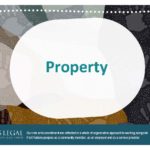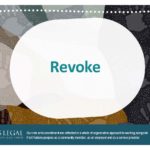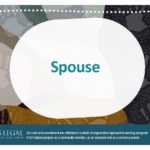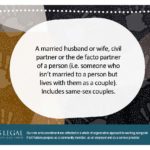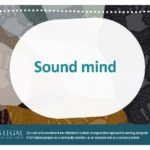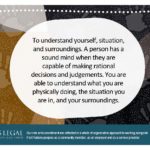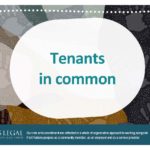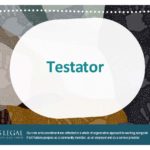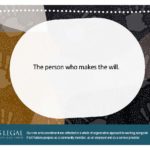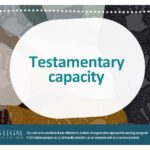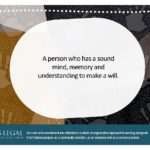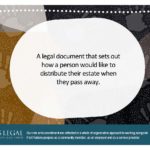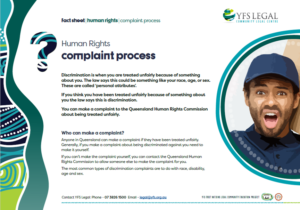First Nations
legal education toolkit
This YFS community legal education toolkit is designed to provide community legal education for First Nations people.
The YFS First Nations community legal education toolkit was developed based on the results of the First Nations Legal Needs Analysis Project conducted in Logan, Queensland in 2020.
YFS Legal surveyed First Nations people in the Logan area. Of those surveyed, more than half did not have a valid will, had faced problems with discrimination, or were unsure about their rights when questioned by police. A summary of the report can be found on the YFS website.
This toolkit is designed for community legal centres and other organisations to deliver community legal education on three of the topics raised by the Analysis Project:
Each topic is accompanied by resources and materials such as, fact sheets, client agreements and definition cards to help facilitate sessions.
The toolkit also provides advice on how to deliver community legal education to a First Nations audience.
Please note that this toolkit is not to be used as legal advice, and facilitators cannot provide legal advice without the necessary qualifications.
Introduction to the legal education toolkit
Watch our webinar with Community Legal Centres Queensland introducing the toolkit and how we engaged with First Nations communities to identify legal needs and gaps in service delivery.
Community legal education topics

Your rights when dealing with the police
This topic focuses on the interactions of First Nations people with the police.
It serves as a guide on how to help young First Nations people understand their rights when dealing with police. The resources are designed to encourage young First Nations people to feel comfortable, learn about the content, and keep them engaged.
By equipping young Indigenous people with information on their actions when dealing with police, it is hoped that more of them will seek help from community legal centres across Queensland.
The toolkit is targeted at young Indigenous people. However facilitators may like to deliver the police rights information to Elders so that they can assist young people in their community who find themselves in the criminal justice system. In that event, facilitators should try and adapt to the content to suit Elders’ learning needs.
What information do you have to give police?
What questions from police do I have to answer?
When can police search me or my personal belongings?
When can police search my phone or other electronic devices?
When can police enter or search my house?
Police have asked me to leave a particular area. Do I have to leave?
Police want me to go to the station. Do I have to go?

Wills and enduring powers of attorney
This topic focuses on wills and enduring powers of attorney for First Nations Elders.
It is a guide for community legal centres and other community organisations on how to deliver the information in a culturally safe and appropriate way.
This section covers information on the purpose of wills and enduring powers of attorney and how to get those documents. We hope that more Elders will seek support to complete these documents, not just in Logan, but across Queensland.
- Wills and enduring powers of attorney toolkit
- Client agreement – wills and enduring power of attorney
- Client checklist regarding the documents signed
- File note – when will is signed
- File note – when enduring power of attorney is signed
- Questionnaire for clients – wills and enduring power of attorney
- Information sheet after signing of the will and enduring power of attorney
Wills information cards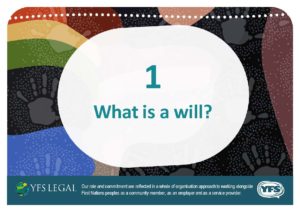
Wills definitions cards
Wills information
Wills definitions
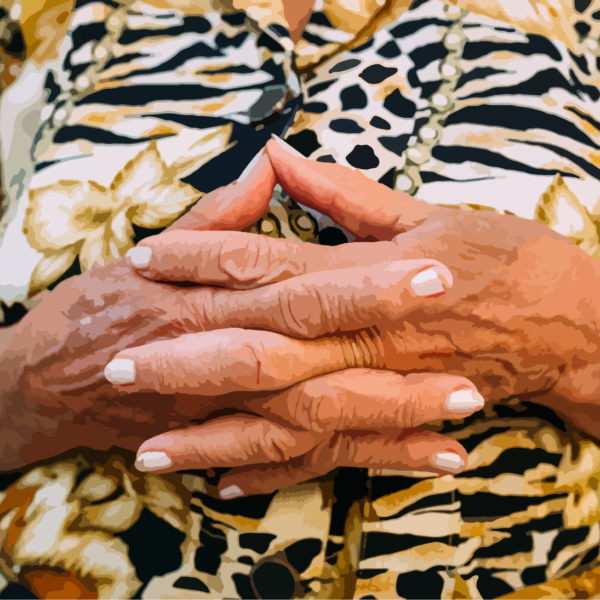
Discrimination
Unfortunately Aboriginal and Torres Strait Islander people are disproportionately represented in complaints to the Queensland Human Rights Commission. Indigenous Queenslanders account for around 4.6% of the Queensland population.[1] However, they made up 10.5% of complaints to the Commission in 2020-2021.[2]
This topic covers common types of discrimination, the environments where it can occur, and how to make a complaint or access support.
As discrimination can happen to all ages, YFS chose to create fact sheets suitable for any age group. The fact sheets can help in determining whether someone is experiencing discrimination.
Rather than a presentation, this section includes fact sheets. Facilitators can give these to participants when presenting other community legal education sessions.
First Nations Legal Education discrimination fact sheets
Do you feel like you are being treated unfairly at work?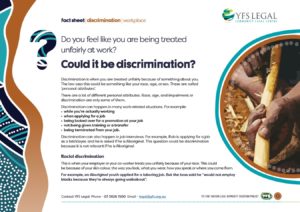
Do you feel like you are being treated unfairly at school, TAFE or university?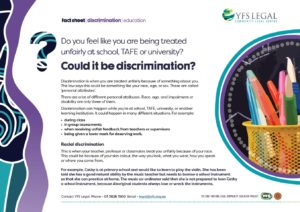
Do you feel like you are being treated unfairly when buying something or using a service?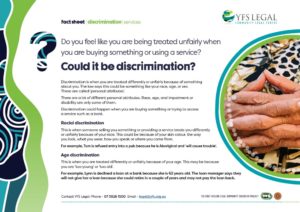
Do you feel like you are being treated unfairly while trying to find somewhere to stay or live? 